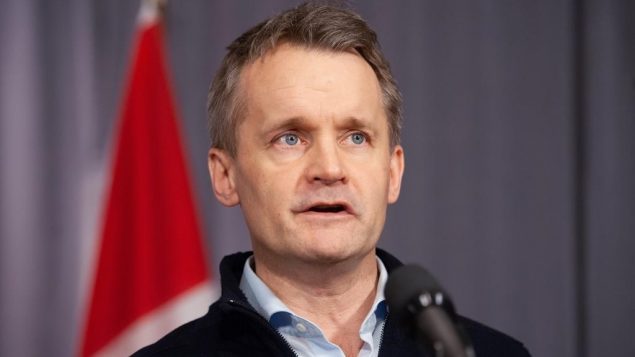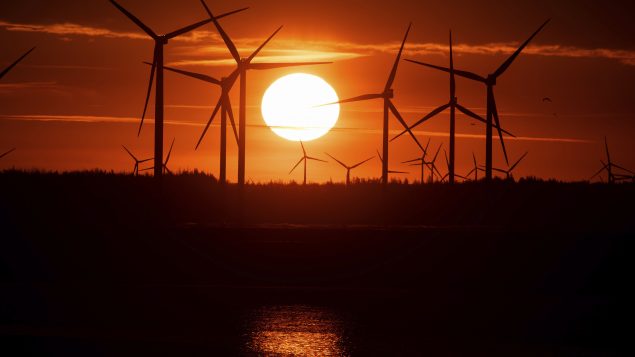Canada and Germany have signed an agreement to cooperate on green energy innovation and trade as both countries attempt to reach the goal of net-zero emissions by 2050.
A memorandum of understanding signed Tuesday by Natural Resources Minister Seamus O’Regan and German Energy Minister Peter Altmaier will see the two governments work together on clean-energy transition, including developing policies and regulations and integrating large shares of renewables into electricity systems.
Hydrogen plays a crucial role in the deal: the two countries agreed to explore the joint development of so-called “green hydrogen” from Canadian hydroelectric power for export to Germany.
Green hydrogen is a zero-carbon fuel made by electrolysis, using renewable power from wind and solar to split water into hydrogen and oxygen, and Germany wants to scale up hydrogen as an alternative to fossil fuels for mass applications in industry and energy to meet climate targets.
However, it lacks land resources to produce enough green power for use in the necessary electrolysis process.
In a webcast Tuesday, O’Regan said Quebec and Newfoundland and Labrador are especially well suited to begin generating so-called green hydrogen, which burns cleanly and can be produced using wind and solar power.

Minister of Natural Resources Seamus O’Regan speaks to media during the second day of the Liberal Cabinet Retreat at the Fairmont Hotel in Winnipeg on Jan. 20, 2020. O’Regan is bullish to the power of hydrogen. (THE CANADIAN PRESS/Mike Sudoma)
“We have tremendous challenges and opportunities here in Canada,” O’Regan said.
“There is no other democracy with the bounty of natural resources that we have and yet we face the urgency of climate change.”
O’Regan said at the time the fuel could provide up to 30 per cent of Canada’s energy needs by 2050 and that the industry could be worth $50 billion and provide up to 350,000 jobs.
The new agreement includes aspects of decarbonization, including the phase-out of coal power, and investment in renewables.
As well, O’Regan and Altmaier said liquefying Canadian gas for export for use in Germany could also be part of the cooperation.
Deputy ministers are slated to begin meeting in May to work out a schedule and flesh out details of the agreement.
With files from Reuters, The Canadian Press, CBC News







For reasons beyond our control, and for an undetermined period of time, our comment section is now closed. However, our social networks remain open to your contributions.